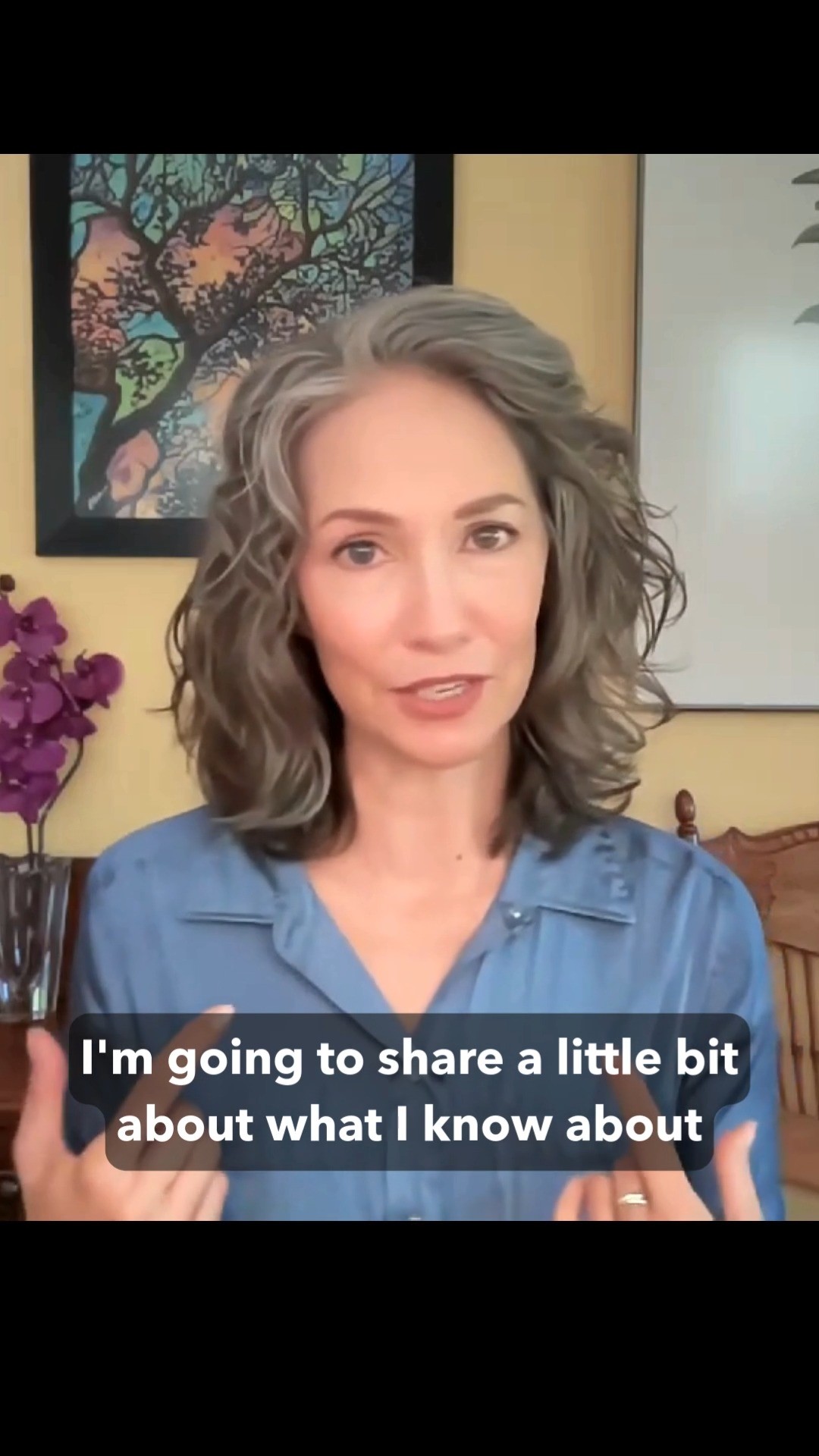Change. Why is it SO HARD to change, even though that change may be good for us? (insert whiney voice here)
It’s that time of year again, where many people make resolutions. It’s also that time of year when, despite having good intentions, many of those resolutions fail.
Why is this? Sometimes the resolution or goal was simply too high, too far, or too much, but underneath there may be a whole lot of other stuff going on.
Why is it so hard to change?
Here’s a few things that get in the way of change:
- External vs. internal motivation. If someone else wants you to change or you think you have to because of what others are doing, that’s not internal.
Whenever I hear “I should” or “I need to” or “I have to” from my clients I ask: Who or what is motivating you here? Your doctor? A partner? A parent, child, coworker, or boss? Did you read something online that said “everyone’s doing it, so I must do it too?”
External motivation is rarely as strong as internal motivation, so it may be harder to change habits if someone else is pushing you – instead of you pushing yourself.
- We’re comfortable not changing. We may be afraid of the unknown, even though it may be a place that is better than where we are now. Think about the caterpillar changing into a butterfly. Who wouldn’t want to be able to fly!
But: What if I fly and fall? Then what?
It is usually much easier to remain still than to even begin to think about changing up your routines or habits. Researching a new diet, finding new grocery stores, and learning how to cook differently – this is all a lot of work.
Of course: the brain fog and fatigue are real. Taking care of the physical and making sure your lab values are optimal are important aspects of healing and change. Finding a good doctor was one of the best things I did for my physical well-being last year. Get your hormones balanced. Figure out where you have nutritional deficiencies, infections, or other things that may be sneaking under the radar and address them with your doctor.
Ones’ mood is also something to consider because depression can cause us to want to stay still. Being still is not a bad thing, but if you are in a place where nothing seems possible, please seek help.
- We lack support from friends, family, and co-workers. If we do not have a good team around us, or if we have people who mock us at every step or challenge us (not in a good way), it’s going to be really hard to change.
Along those same lines, if we are trying something new and different from what everyone else is doing, society may look at us funny – even if they mean well. People are judgmental, it’s just what we do!
- We lack support in our environment. If you are trying to eliminate gluten and dairy from your diet but have crackers and pasta in the cupboards, this is not helpful. If you go to work and every day there is gluten-filled birthday cake on the counter, this is not helping the situation either.
- We lack the space to change. Sometimes we just have a lot going on in our lives. If you are going through a stressful time (e.g. starting a new job, getting married, getting divorced, moving across the state or across the world, taking care of a sick parent, child, or pet, etc), ask yourself: Do I have the space right now in my life to focus on changing something?
- The benefits aren’t immediate. In this fast-paced world, we have gotten very used to immediate gratification. When you think of things like gaining energy, feeling better, losing weight, creating muscle, etc. – even working with a new doctor or starting a new medication – these things all take time. The “rewards” sometimes don’t show up for weeks or months. It can be frustrating when we don’t see immediate results from all of the hard work we are doing.
- Something needs to be resolved before we move on. Past traumas and emotions can keep us stuck. What stories do you need to let go of before moving forward? Are there unprocessed emotions that need to be unstuck and/or addressed?
There can be so much loss, grief, and sadness that accompany autoimmune disease. There can also be fear masquerading as anger. Or just anger.
Acknowledging/letting go of past trauma and releasing emotions – or letting them flow as they happen (which only takes a few moments!) – can open up all sorts of space for other possibilities. For change.
How to set yourself up for success.
Here’s a few things to consider in preparation for making big – or little – changes in your life:
- Find your motivation: What is your WHY? Why do you want to change? This can be many-layered, and sometimes the deeper and more layered we get, the more motivated we become. Keep asking yourself why. Here are a few examples. Let’s use changing your diet as an example (but you can insert any habit change here).
So. Why do you want to change your diet?” Because my doctor wants me to”. This is external motivation, so, keep going: Why does your doctor want you to?
“Because she wants to get certain labs into a healthy range and inflammation down.” Why?
“Because my digestion will be improved.” Switching to internal motivation here: What will this do for you?
“It will help my body heal.” What will this do for you?
“This will give me more energy and help me sleep better.” What will that do?
“I’ll be able to focus more on my work, my partner, my kids, my pets.” In what ways?
“I’ll be able to feel more relaxed in the office because my mind will be clearer. I’ll be more patient with my partner. I’ll have the energy and stamina to stay at the playground with my kids or the dog park with Fido.” And what will this do?
“I’ll be more confident, more at peace, and more centered and grounded because I know I’ll be feeling my very best which will improve the relationship I have with others – and myself.” Bingo.
Yeah, that took some time. But I invite you to sit down with each of your resolutions/goals for this year (or any time of the year) and funnel them down into the “why”. The clearer you are, the more powerful your motivation will be.
- If you are not comfortable changing, what about this is physical? As mentioned above, if there are hormonal imbalances, nutrient deficiencies, or infections that are causing a lack of motivation, get those fixed.
If the physical is in line, ask yourself: What is good about not changing? Maybe there’s fear underneath (see below about emotions). Maybe there’s a bit of a victim mentality in that you like the attention having symptoms offers. Be honest with yourself, and own it. Once we take ownership of our emotions or thinking patterns, we can then choose to change them.
- Find support in others. This may mean letting go of some parts of relationships. Find people who speak the language you want to learn, and immerse yourself in that world. Do not worry about speaking this language with people who aren’t fluent or don’t care to be because they will not (and perhaps never) understand. Save your energy for those who DO understand. Yes, this may mean letting go of people entirely. Listen to your intuition – not others’ intuition. What do YOU want? Is this aligned with what others in your life want for you? Does it matter…? What is causing you to worry about what others are thinking and doing – and what they think of your choices…?
- Find support in your environment. If you are quitting smoking, get all the ashtrays out of your house. If you are giving up gluten, get all the wheat and pasta and bread out. If you are wanting to go for a run every morning, wear your running clothes to bed (yes people do this!). If you are wanting to spend less time on social media, delete all apps from your phone. Moving out of a moldy house or finding a new job away from chemicals might be needed but are of course more extreme ways of setting up your environment for success. What other ways can your environment help you keep your resolutions and goals?
- Put it on the calendar. If you do not have the time or space or energy for change, when will you? Look at your calendar and get specific. Putting a hard start date down in writing, even if it is 6 months from now, may be helpful. What do you need to do ahead of that start date to ensure your success (see above about support)? Or: does this start date mean you will start planning at this time? Planning and action are two separate things. Get clear with yourself and your calendar.
- Reward yourself daily for accomplishing small steps. This is especially helpful if the goal/action is not immediately rewarding. Finding rewards for yourself can be fun but also tough. If you are changing your diet but reward yourself with a cookie every day you stick to the plan, well, that kind of defeats the purpose. Same with social media. It’s a slippery slope, people!
The idea is to get to a place where simply doing the task is enough to make you feel happy, confident, and accomplished. You won’t need an external reward because internally the reward is already there.
I invite you to get really curious about how your body feels physically when you accomplish a small step. This may be very subtle, but, the more we can tap into that felt sense, the more aware we will become of how our bodies react to good and not-so-good habits and behaviors. Same with emotions. Notice which emotions come up when you accomplish that small step. Is there happiness? Pride? Contenment? Also notice which emotions come up when you go back on your word. Is there shame? Frustration? Anger? Just notice, and be kind to yourself. Practice curiosity without judgment!
- Speaking of emotions… acknowledge them! This is a favorite coaching topic of mine with my clients. Our culture simply doesn’t allow the space for us to fully feel and experience our emotions. Emotions are there for a reason. They send us messages, telling us to slow down, to firm up boundaries, to take action, to rest. When you are fearful of change, what is causing that fear? Some may find it useful to follow the line of questioning under “Motivation” above to discover what they are really afraid of.
As I mentioned earlier, there is so much loss that can come with autoimmune disease. Be honest with that sense of loss and the grief and sadness that may arise – and let it flow. -
What are your thoughts? What are you resolving to change this year – if anything?
Are you ready to make big changes – or little ones? Are you ready to emerge from your chrysalis, or do you need a little more time?
Any and all answers are correct, and, as always, I would love to hear your thoughts. Feel free to comment below if you are so inclined!
To health and happiness for all in 2022,
Sandy
I would love to be a support for you in the New Year and beyond. To book your Complimentary Session and Assessment, click here.
Sandy Swanson is a Certified Functional Health Coach (A-CFHC) and a National Board Certified Health and Wellness Coach (NBC-HWC). You can learn more about her here and more about what coaching is here.








